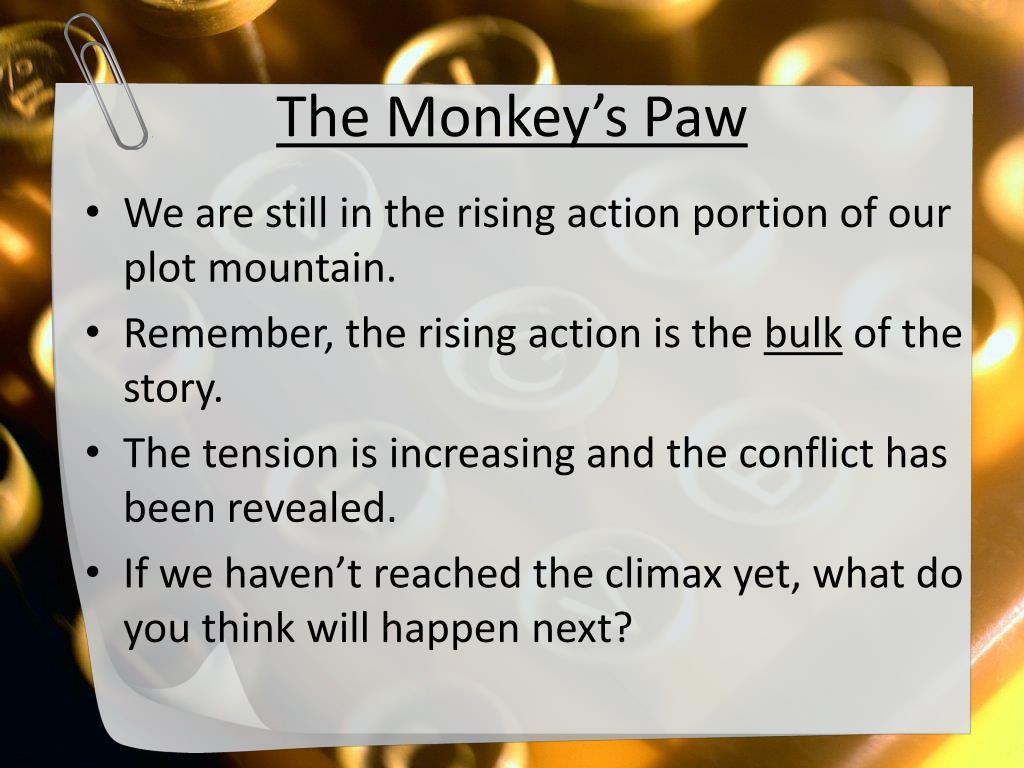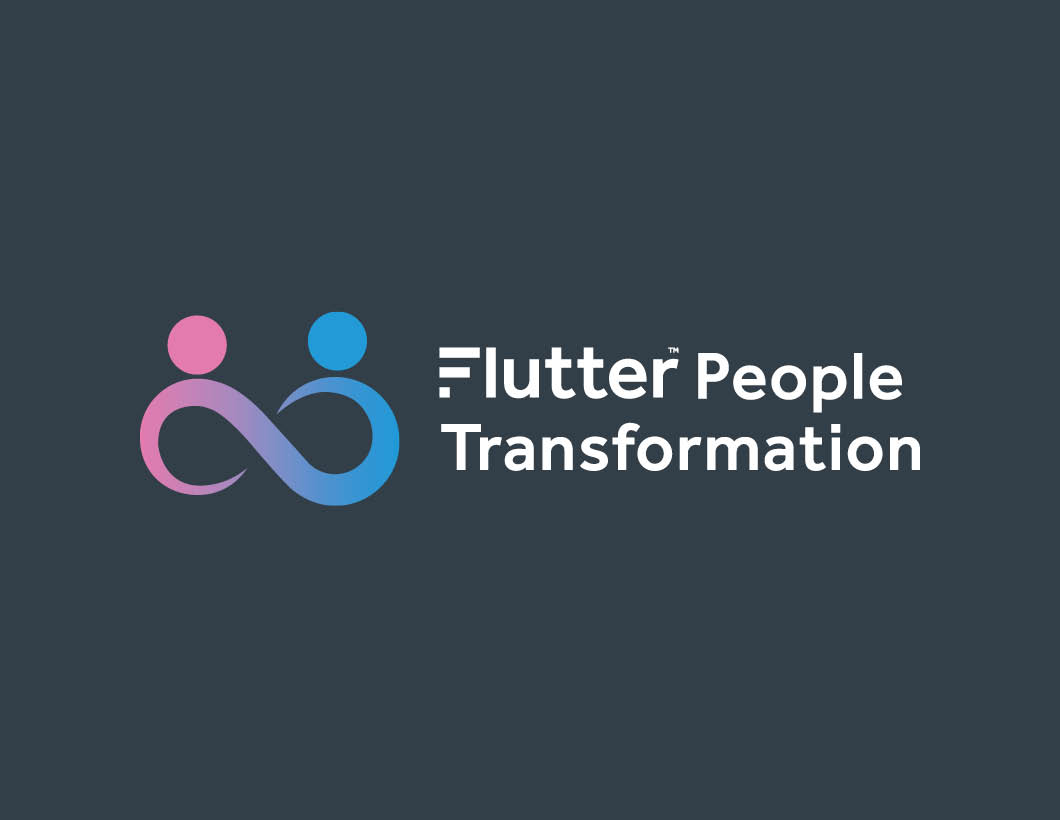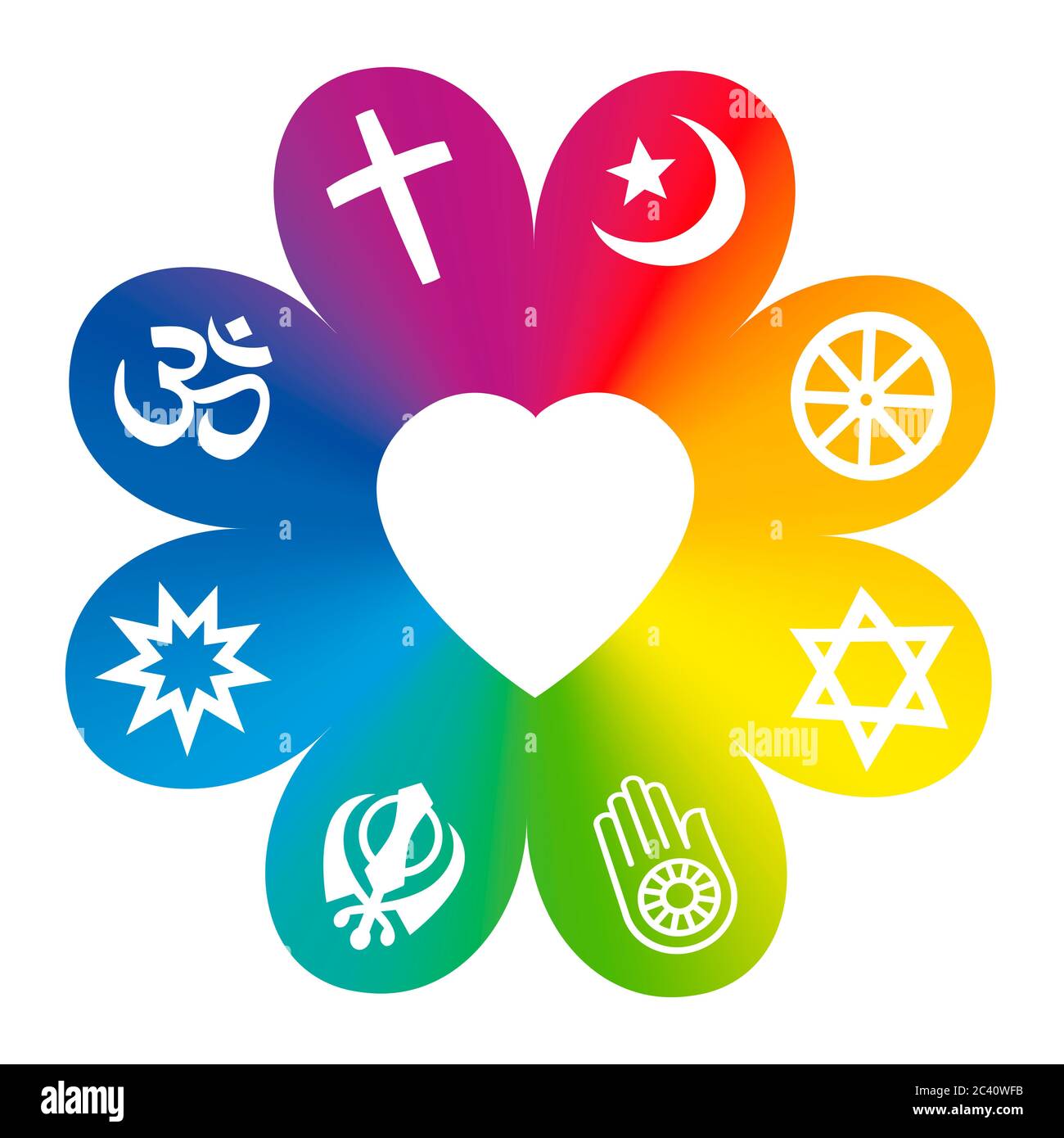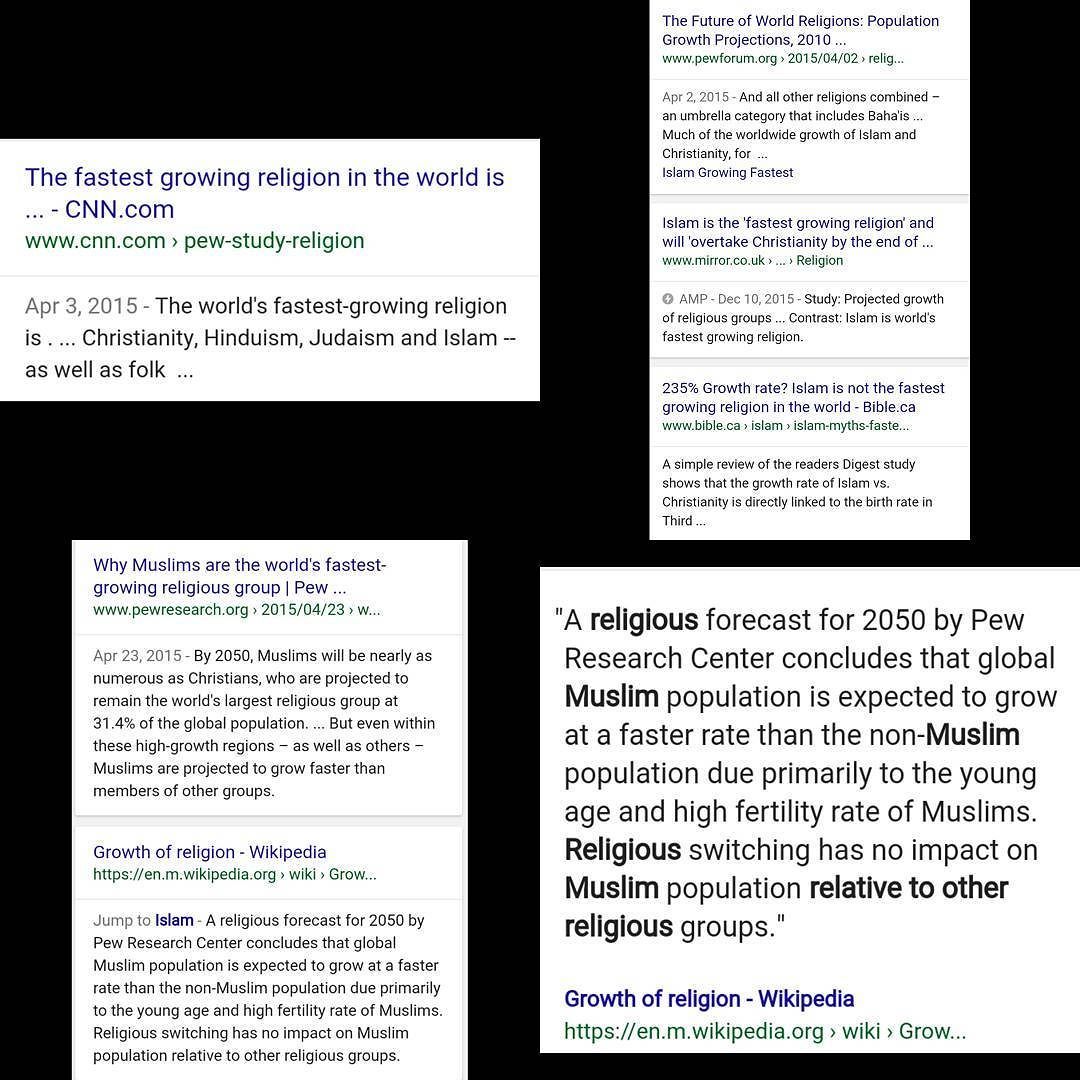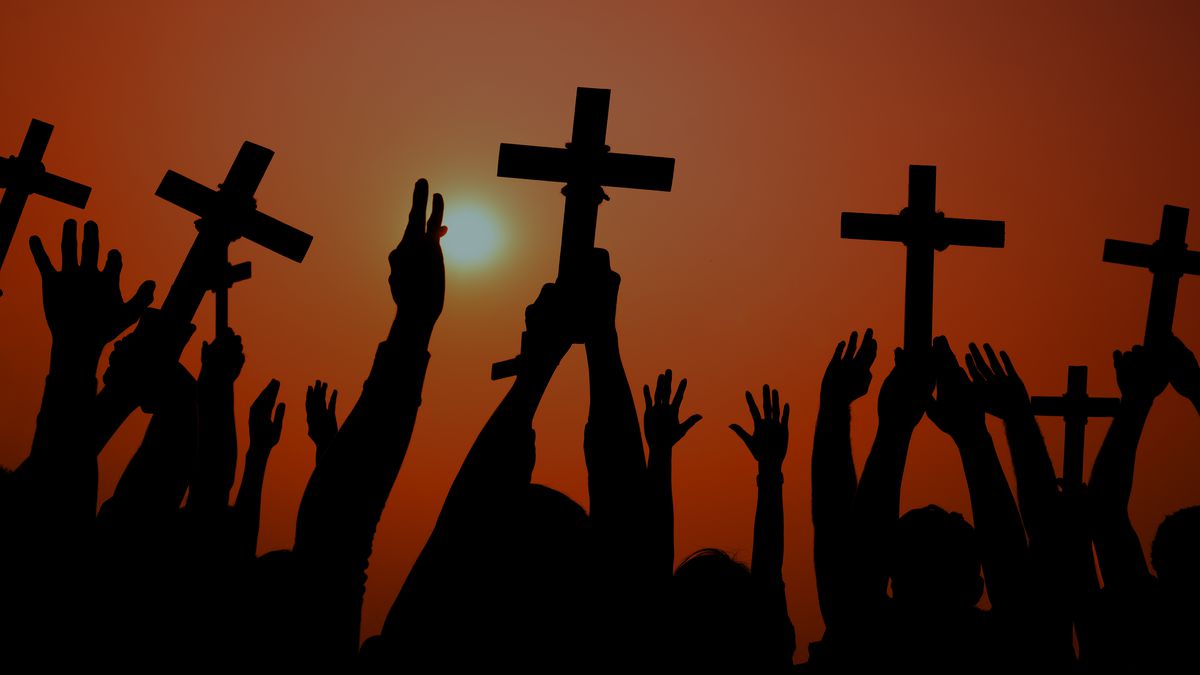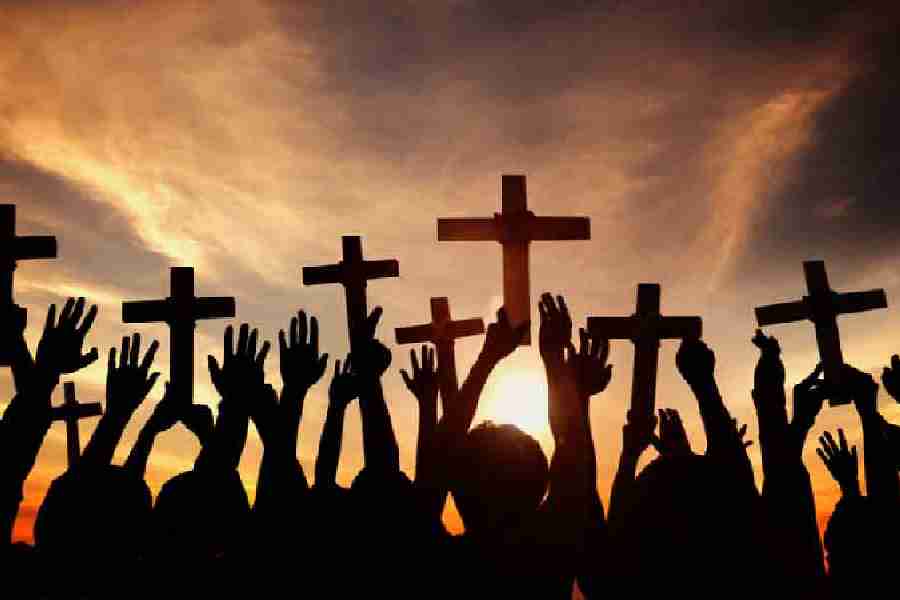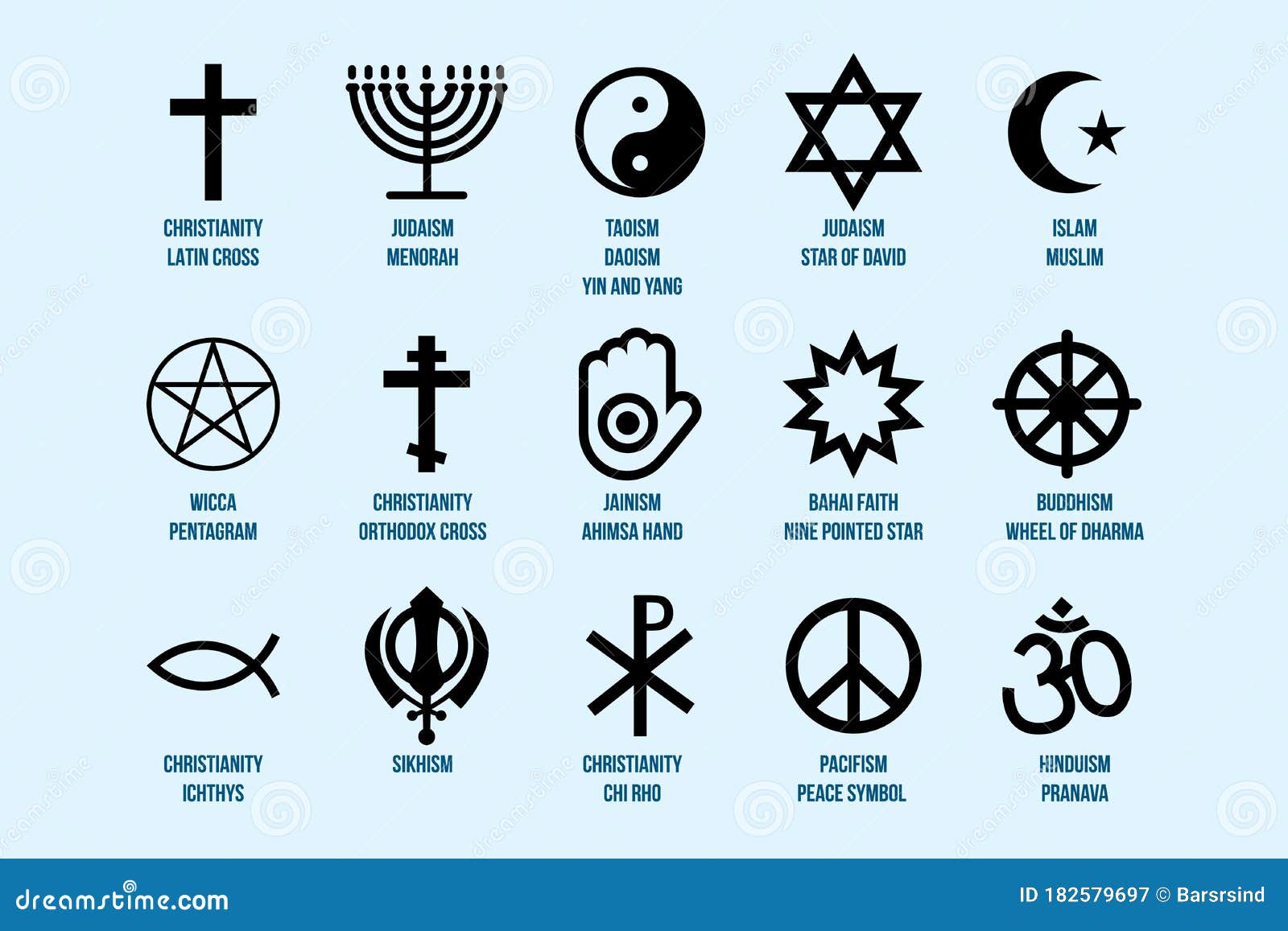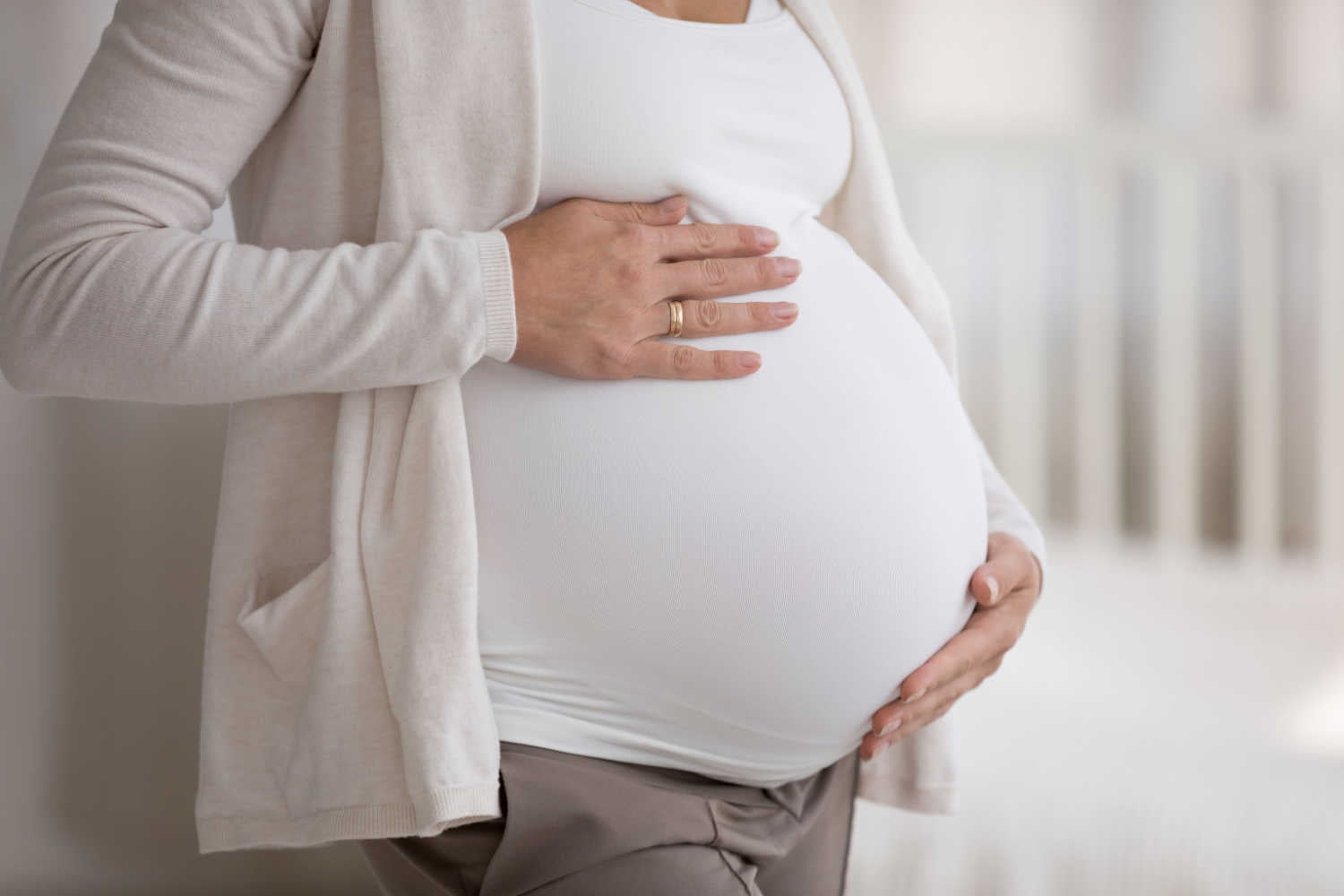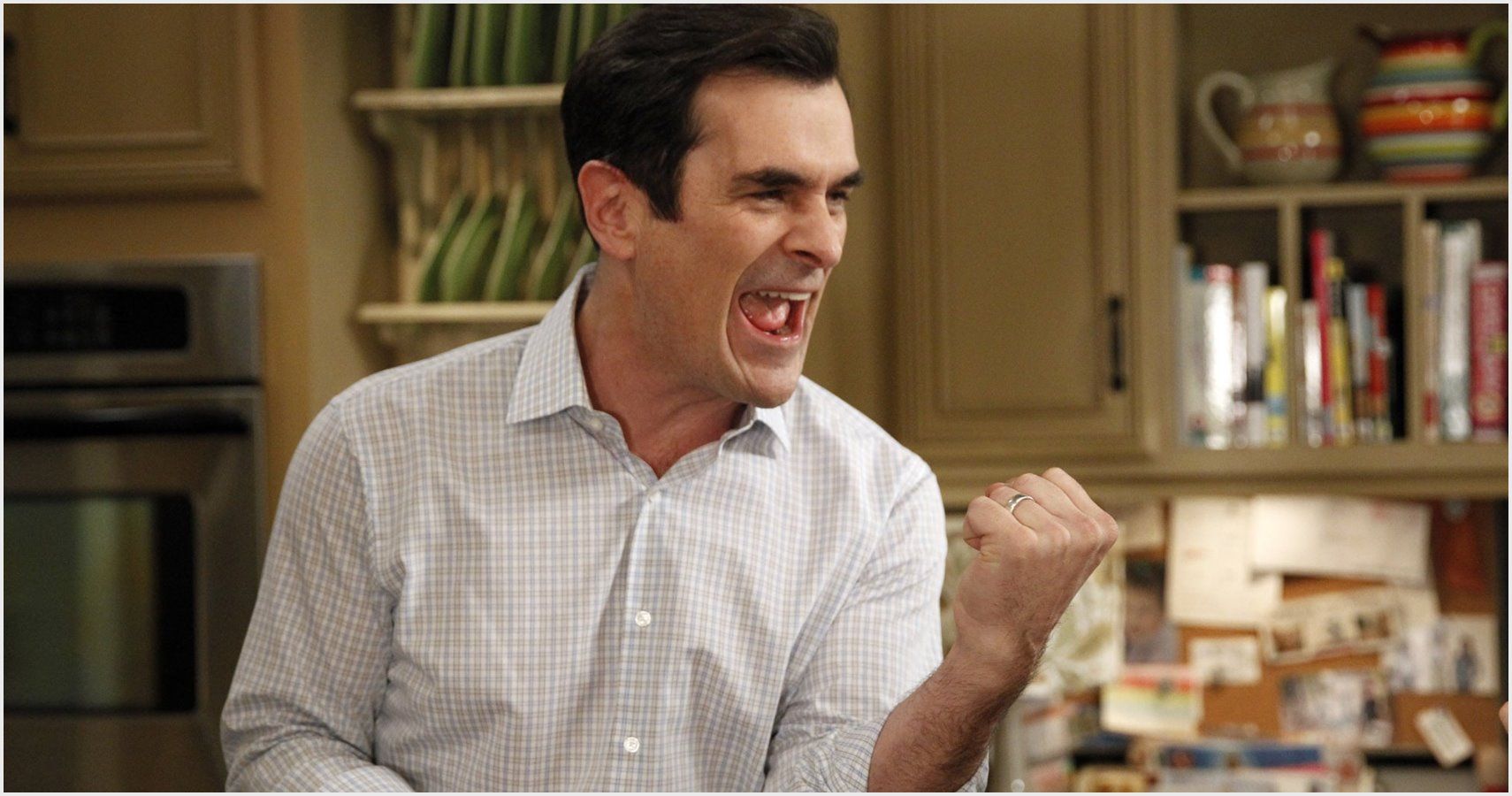Understanding the Lasting Effects of Childhood Sexual Abuse by a Family Friend
Introduction
Experiencing childhood sexual abuse, especially at the hands of a trusted family friend, can leave deep and lasting scars. Survivors like Marcus often face a range of complex effects that may surface immediately or many years later. Understanding these effects is a crucial step in acknowledging the trauma, seeking help, and pursuing healing. This article explores the most likely impacts a survivor may experience, practical guidance on finding support, and the many pathways to recovery.
Common Psychological Impacts
Childhood sexual abuse is strongly associated with a variety of psychological and behavioral effects, both short-term and long-term. The intensity and nature of these impacts can differ based on the survivor’s age, the relationship to the perpetrator, and the presence of supportive adults during and after the abuse.
Key psychological effects include:
- Post-Traumatic Stress Disorder (PTSD): Many survivors experience intrusive memories, nightmares, flashbacks, and heightened anxiety, all hallmarks of PTSD. These symptoms can persist or return during stressful life events such as loss, marriage, or parenthood [1] [4] .
- Depression and Anxiety: Chronic feelings of sadness, hopelessness, worthlessness, and anxiety are commonly reported by survivors. These may be compounded by guilt, shame, or self-blame [1] [5] .
- Substance Misuse: There is a well-documented link between childhood sexual abuse and later substance misuse or dependence. Survivors may turn to alcohol or drugs as a way to cope with overwhelming emotional pain [3] .
- Self-Harm and Suicidal Thoughts: Many survivors report engaging in self-injurious behaviors or having suicidal ideation, particularly if they lack social support or access to mental health care [2] .
- Dissociation: Survivors may “zone out” or feel detached from their emotions and surroundings as a coping mechanism [5] .
Physical and Behavioral Effects
Childhood sexual abuse can also manifest in physical health problems and behavioral changes. Survivors may experience:
- Physical Ailments: Increased illness, chronic pain, gastrointestinal problems, and sleep disturbances are reported by many survivors [2] [5] .
- Disrupted Development: Children may have trouble meeting developmental milestones, regress in their behavior, or display sexualized behaviors that are unusual for their age [1] .
- Academic and Social Difficulties: Survivors often struggle with concentration, memory, and school performance. They may also withdraw from friends or display disruptive behavior [2] .
Long-Term Relationship and Identity Challenges
Beyond immediate symptoms, survivors like Marcus may face significant challenges forming and maintaining relationships. The betrayal of trust by a family friend can lead to:
- Difficulty with Intimacy: Many survivors struggle to form lasting romantic relationships or report sexual difficulties, such as discomfort or avoidance of intimacy [2] [5] .
- Distorted Self-Perception: Feelings of shame, low self-esteem, and self-blame are common. Survivors may believe they are responsible for the abuse or undeserving of healthy relationships [4] .
- Parenting Difficulties: Some survivors struggle with setting appropriate boundaries or experience anxiety about protecting their own children [5] .
Factors Influencing the Impact
The effects of childhood sexual abuse are shaped by various factors, including the survivor’s age at the time of abuse, the duration and severity of the abuse, the level of support received after disclosure, and individual resilience. Immediate, compassionate support from adults can significantly reduce long-term trauma, while disbelief, blame, or lack of access to help can worsen outcomes [2] .
Pathways to Healing and Support Options
Recovery is possible, and many survivors are able to reclaim control, build healthy relationships, and thrive. Accessing the right resources and support is vital. Here’s what you can do:
1. Seek Professional Counseling
Therapists with experience in trauma and abuse can help survivors process their experiences, develop coping strategies, and work toward healing. Many therapists offer trauma-informed care, which means they understand the unique needs of survivors and provide a safe, non-judgmental space.

Source: chegg.com
If you are searching for a qualified therapist, you can:
- Contact your local mental health provider or primary care doctor for referrals.
- Search for therapists with expertise in trauma, PTSD, or childhood abuse using reliable directories or by asking for recommendations from survivor advocacy organizations.
2. Connect with Support Organizations
Numerous organizations provide information, peer support, and advocacy for survivors of childhood sexual abuse. For example, Bravehearts offers an Information and Support Line (1800 272 831 in Australia) and can help identify the right resources for your needs [2] . In other regions, look for well-established survivor support groups or national hotlines.
It’s advisable to search for local services using terms like “childhood sexual abuse survivor support” along with your city or state. You may also consider contacting hospitals or community health centers for information about support groups.
3. Legal Rights and Advocacy
If you are considering legal action, statutes of limitations vary by state and country. Many regions have recently expanded these laws, allowing survivors to pursue justice even years after the abuse occurred [1] . For updated information, visit the official website of your state’s Attorney General or Department of Justice, or consult with a legal advocate specializing in abuse cases.
4. Self-Care and Building Resilience
Self-care is a critical aspect of recovery. Practices such as mindfulness, journaling, regular exercise, and creative outlets can help manage symptoms and build emotional resilience. Many survivors find it helpful to connect with others who share similar experiences, either in-person or through moderated online communities (always confirm the safety and reliability of any online group before joining).

Source: coursehero.com
Overcoming Barriers to Support
Many survivors hesitate to seek help due to fear of stigma, shame, or concerns about being believed. If you face barriers, consider these steps:
- Start by talking to a trusted friend, family member, or healthcare provider.
- If you feel unsafe or unsupported by those close to you, reach out directly to survivor advocacy organizations or mental health professionals.
- If you are unsure where to begin, contact your local community health center or use national helplines for confidential advice and referrals.
Remember, seeking help is a sign of strength, and recovery is a gradual process that looks different for everyone.
Alternative and Complementary Approaches
While professional therapy is often recommended, some survivors explore alternative healing modalities, such as art therapy, yoga, or support from faith-based organizations. It’s important to choose approaches that feel safe and supportive for your unique situation. Always confirm the credentials and reputability of any provider or group before engaging.
Key Takeaways
- Childhood sexual abuse by a family friend can result in lasting emotional, psychological, physical, and social impacts.
- PTSD, depression, anxiety, substance misuse, and relationship difficulties are among the most common long-term effects.
- Early support, compassionate belief, and access to specialized care can greatly improve recovery outcomes.
- Multiple pathways to healing exist, including therapy, peer support, legal advocacy, and self-care.
- If you or someone you know has experienced childhood sexual abuse, it is never too late to seek help and begin the journey to recovery.
References
- [1] Helping Survivors (2025). Long-term Effects of Child Sexual Abuse.
- [2] Bravehearts (2024). What are the Effects of Child Sexual Abuse?
- [3] National Institutes of Health (2019). Long-term outcomes of childhood sexual abuse: an umbrella review.
- [4] American College of Obstetricians and Gynecologists (2011). Adult Manifestations of Childhood Sexual Abuse.
- [5] CSA Centre (2024). The impacts of child sexual abuse.
MORE FROM cheerdeal.com
